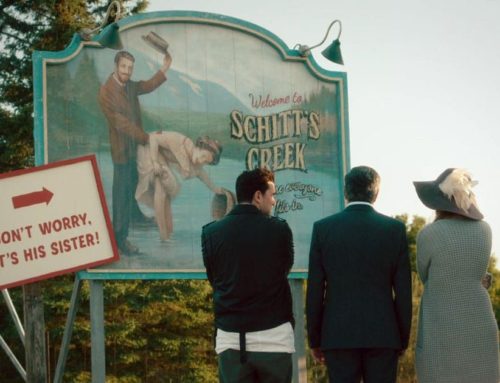A guest blog post by Arthur Breur.
Arthur was featured in Ep 72 of the Composer on Fire podcast. This is part two of a three part series. You can read part one here, and part three here.
Getting Started: Breaking the Blogging Barrier
Many people feel intimidated by the idea of writing a single blog post, much less committing to providing ongoing posts into the future. Memories of having to write essays in school are often the bad memories that add to these fears. Further, some people just can’t imagine what they could possibly find to write about week after week without running out of topics. But there’s no reason to be worried by the idea of writing and writing regularly.
In regard to how much to write, a blog post doesn’t need to be more than just a few paragraphs—though anything less does not give a reader much satisfaction for having taken the time to read a post. Still, there’s no hard fast rule anywhere about how big a blog post needs to be—in fact, a blog post CAN be just a quick note and an embedded video or sounds player showing off a new piece or performance. (I still recommend, in those cases, that you include at least a few sentences describing the media being shared—both for search engine purposes and for providing clarity to the readers!)
As to what to write about, once you get going, you will likely discover that there are more things to write about than you ever imagined. My first recommendation is always to think of the things that create emotion in you, whether that is things that make you happy, huge pet peeves, things that irritate you, or things that break your heart. You are probably already expressing yourself about those topics in some manner, and if you’re not, this can be wonderfully therapeutic.
I recommend keeping a (growing) list of topics you can blog on. These could include
- Your story: what people and events brought you to where you are now?
- Things/people that inspire you
- Challenges you’ve overcome or that you’re working to overcome
- Event previews, reviews, and interviews
- Your techniques, style, and/or work process
- News (world, national, local, industry or personal news, with an eye toward caution on sensitive subjects—unless going there is part of your style or brand)
- Holidays/seasons/”on this day”
- Promotion of other composers, artists, ensembles, etc.
- Your take on classic works and their creators
Also, think about who you want to reach through your blog. Those might be performers, patrons, music directors, collaborators, listeners, or other possible audiences I have not thought of here. What might they be interested in that you can tell them? What might they not know about you that you want them to know? Remember that—IF you want it to be!—a blog can be the start of a discussion between you and your readers. If you wish to, you can allow your readers to comment on your posts. (And if you do that, be sure NOT to neglect those comments; be sure to respond to legitimate reader comments—vs the possible spam ones—and be part of the discussion there and on social media!)
Don’t Forget…
Finally, promote your blog through all the channels available to you, including social media. Don’t just trust that readers will find or remember your blog and blog posts without being prompted—go out and prompt them!
***
Arthur Breur is a composer & business owner in Portland, Oregon. He has been composing for more than three decades & received his degree in piano performance from Millikin University. He started his web design & development company, FireSpike LLC in 2001 in Tampa, Florida, & has helped hundreds of customers plan, build, & maintain their online presence. Prior to starting his company, his experience included working as a senior graphic designer in the PriceWaterhouseCoopers Visual Communications Department.






[…] Arthur was featured in Ep 72 of the Composer on Fire podcast. This is part one of a three part series. You can read part two here. […]
[…] Arthur was featured in Ep 72 of The Portfolio Composer (formerly Composer on Fire) podcast. This is part three of a three part series. You can read part one here, and part two here. […]
[…] Blog: Getting Started Blogging: Breaking the Blogging Barrier […]